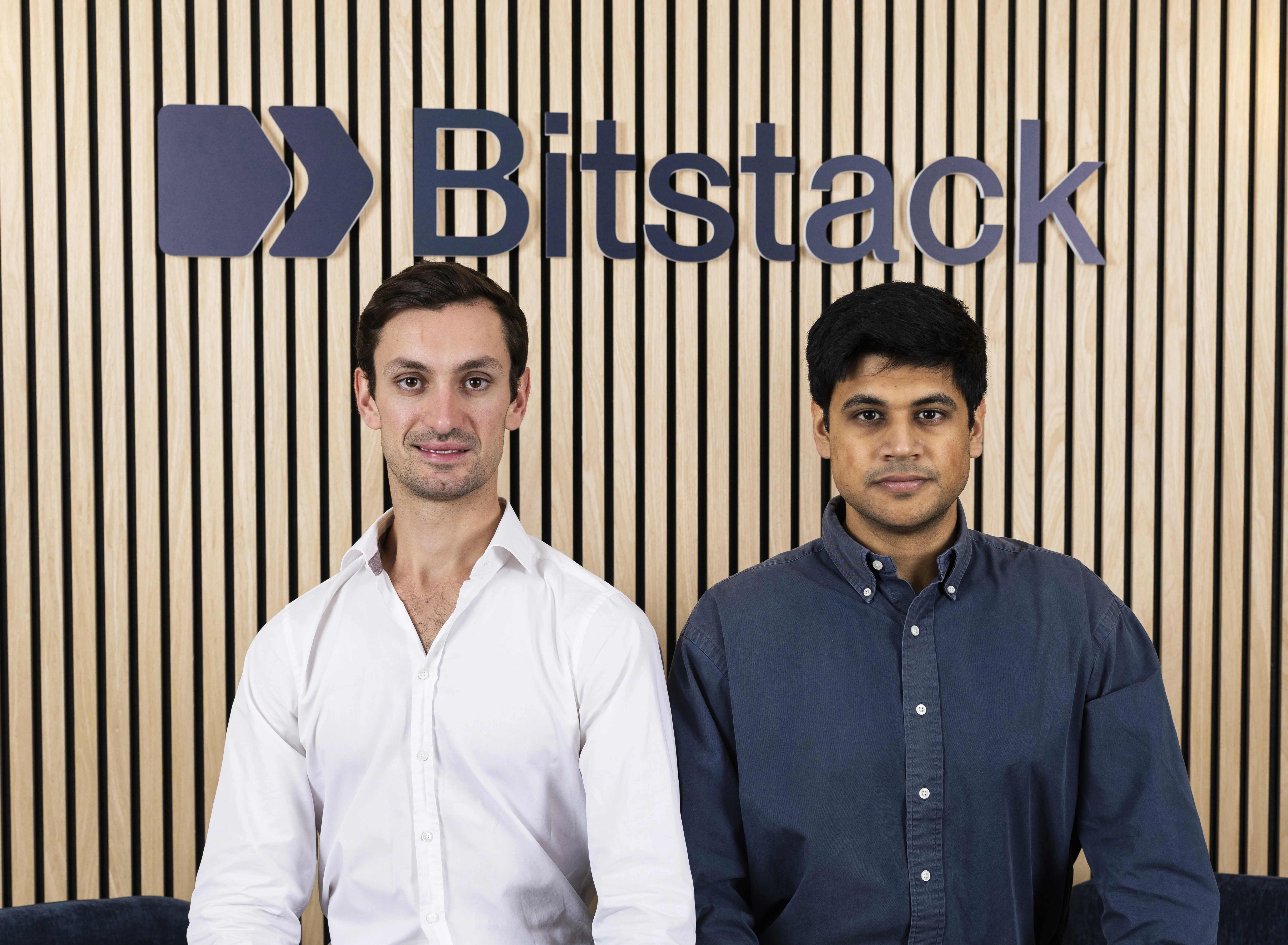I recently completed the VC Unlocked: Silicon Valley program by 500 Global and the Stanford Engineering Center for Global & Online Education, a two-week deep dive into the world of venture capital. On my long journey back to Ukraine, I had a chance to summarize my learnings from the programs I wanted to share. While success in VC can seem glamorous from the outside, the reality is far more complex – it's about persistence, strategy, and a focus on the long game.
The hard truth about VC
The Silicon Valley formula
Success in venture capital is anything but overnight. Silicon Valley’s dominance is the result of decades of ecosystem building. Many emerging regions fail when they try to replicate the Valley’s model. The smarter play? Leverage your local context. Talent is distributed equally, but opportunities are not. Build around your region’s unique strengths rather than copying someone else’s blueprint.
Silicon Valley’s success rests on a few critical pillars:
- Legal Infrastructure: Civil law, especially non-compete clauses, promotes talent mobility and innovation.
- Academic Powerhouses: Institutions like Stanford, UC Berkeley, and national labs create brilliant minds and produce cutting-edge IP.
- Risk-Tolerant Capital: Failure isn't stigmatized; it's part of the process. Talent recycling fuels long-term innovation.
You can’t fast-track 80 years of history, but you can emphasize critical principles. Starting from scratch? Patience and persistence are crucial. It’s a 20-30 year commitment – no shortcuts.
VC is ultra-competitive — differentiate or die
Venture capital is an extremely competitive field, and differentiation is your survival strategy. A unique investment thesis isn’t just a nice-to-have; it’s your lifeline. To stand out:
- Develop a clear perspective on emerging opportunities.
- Be willing to make contrarian bets when the data supports it.
- Remember: your fund size defines your strategy. It shapes the deals you chase, the risks you take, and the outcomes you target.
Above all, add value beyond capital. It’s not enough to just write checks. Offer strategic advice, make valuable introductions, and support founders with key expertise—whether it’s go-to-market strategy or talent acquisition.
And stay adaptable. The landscape shifts, and so should your strategy. Keep an eye on new investment models and emerging tech. Continuously refine your approach, or you’ll get left behind.
The math of venture capital is brutal
Venture capital operates under the iron rule of the Power Law: most startups will fail. But here’s the kicker—it only takes one massive success to return the entire fund. This is a game of high risk and asymmetric rewards, where patience and discipline aren’t just virtues – they’re survival skills.
It doesn’t matter how many losses you take if you hit that one perfect investment. In VC, only three things matter:
- Ownership: Take a meaningful stake.
- Exit Size: Aim for significant exits.
- Risk Management: Mitigate downside risk while maximizing upside potential.
Logo hunting — collecting names of trendy startups – is pointless. Focus on building significant ownership in companies that have the potential to deliver outsized returns. You’re not in the game for vanity metrics; you’re here to generate real returns.
Portfolio strategy: the long game
Your portfolio isn’t just a collection of companies—it’s a strategic assembly of assets designed to deliver returns over time. Thanks to diversification, the risk of the portfolio is lower than the sum of individual investments. But the feedback loop is long; it can take years to know if a bet pays off.
Patience is essential, but so is conviction. Stick to your strategy, even when the market fluctuates. Recycling capital adds complexity but also leverage—bigger risks for bigger returns.
Relationship-driven business
No VC scales faster than its network. The venture capital industry is a relationship-driven game, and it’s your connections that will make or break you. From LPs to founders, success hinges on your ability to build and nurture strong relationships.
Remember: it’s a long-term game with long-term people. Relationships aren’t just for deal-making; they’re for navigating the ups and downs of a constantly shifting landscape. The best deals often come from trusted networks, and those networks take time to build.
Groupthink: the hidden trap
VCs are notorious for herd mentality, chasing hot sectors and overvaluing trendy startups. Resist the urge to follow the crowd. Contrarian thinking is where you’ll find the real opportunities — those missed by many.
Fundraising: LPs are from Mars, GPs are from Venus
Fundraising for a VC fund? It’s an art and a grind. Sophisticated LPs will grill you on every detail. Have a strategy and be prepared for tough questions from savvy investors who have seen it all before.
The VC survival kit
Here’s what you’ll need to survive — and thrive — in venture capital:
- Patience: The long game is the only game. Good things come to those who wait (and have deep pockets).
- Thick Skin: Handle frequent failures, criticism, tough decisions, and constant rejection while staying focused on long-term success.
- A Good BS Detector: Essential for sorting through pitch decks.
- A Time Turner: For all those board meetings (and maybe for going back to invest in NVIDIA).
- A Crystal Ball: For predicting the next big thing (or at least pretending to).
- Contrarian Thinking: It’s difficult but necessary for outsized success.
- Hard Work: Nothing is guaranteed, and there’s no substitute for putting in the effort.
It’s easy to think success in VC comes fast. In reality, it’s like eating glass while staring into the abyss. It’s not for the faint-hearted, but for those brave enough, the rewards are potentially astronomical.







